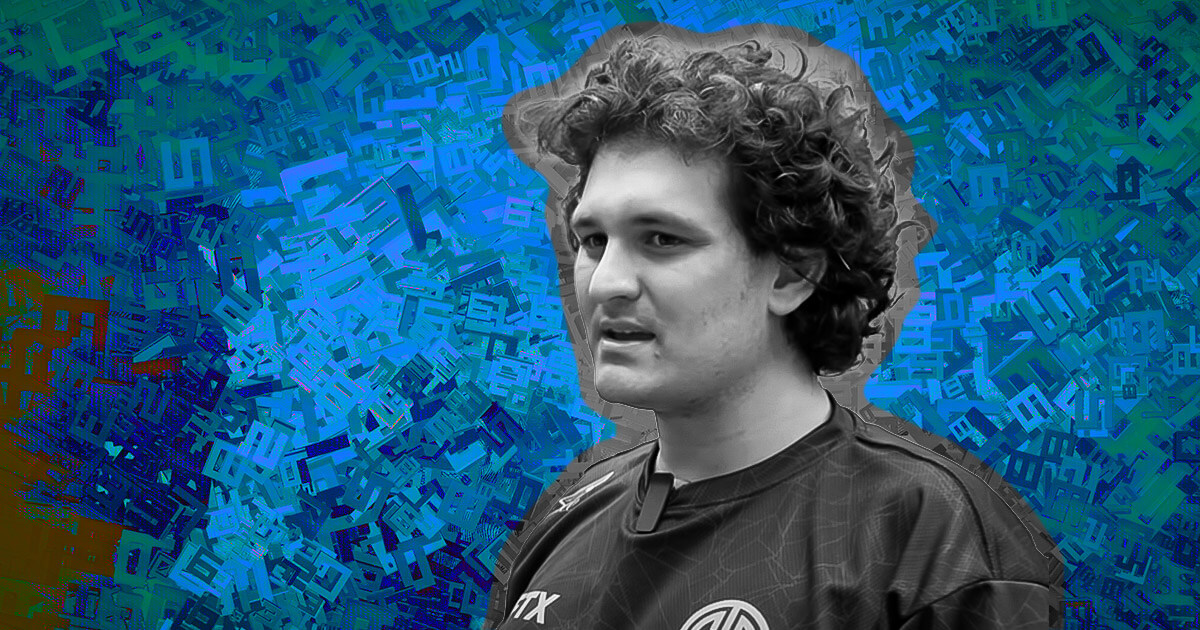Trove of evidence against Sam Bankman-Fried includes Caroline Ellison-authored document, ‘Things Sam is Freaking Out About’
U.S. government prosecutors have moved to admit and exclude specific evidence in the case of former FTX CEO Sam-Bankman Fried in an Aug. 14 filing.
Caroline Ellison’s statements could become evidence
In the relevant filing, prosecutors asserted that communications from Bankman-Fried’s associates should not be excluded as hearsay. Notably, prosecutors plan to include a note from former Alameda Research CEO Caroline Ellison that is colorfully titled “Things Sam is Freaking Out About” as one piece of evidence of supposed wrongdoing.
According to the filing, this document:
…delineates Ellison’s understanding, from conversations with the defendant, of what remained the defendant’s top business concerns, such as Alameda’s trading hedges, bad press about the relationship between Alameda and FTX, and fundraising.
The list of evidence also includes a recording of Ellison that originated in November 2022, around the time of FTX’s insolvency, that could also be used as evidence against Bankman-Fried. Prosecutors said:
[During a] meeting, an employee asked Ellison who else had been aware of the shortfall in FTX user funds. Ellison answered: “Yeah, I mean, I guess I talked about it with, like, Sam [Bankman-Fried], Nishad [Singh], and Gary [Wang].”
The conversation continued:
An employee pressed Ellison: “Who made the decision on using user deposits?” Ellison answered: “Um . . . Sam, I guess.”
Prosecutors argued that the above statements are not hearsay due to Ellison’s role as a co-conspirator in Bankman-Fried’s supposed wrongdoing and because she acted as an agent for Bankman-Fried during her employment.
Prosecutors also said that former FTX DM co-CEO Ryan Salame conspired in Bankman-Fried’s alleged campaign financing scheme. They recognized that Salame would not act as a witness as he plans to invoke his right against self-incrimination, but suggested that Salame’s past statements about his role as a “straw donor” who made donations on behalf of Bankman-Fried are admissible as evidence and are not hearsay.
Direct evidence will likely be admitted
Prosecutors also asserted that certain evidence is admissible if it provides direct evidence of the crimes Bankman-Fried is accused of. Notably, prosecutors said that evidence of Bankman-Fried’s campaign financing violations should be included as evidence even though they cannot currently seek a conviction on that matter.
Prosecutors added that evidence concerning Bankman-Fried’s other alleged activities should also be admitted, such as false statements to an unnamed bank, bribery of a Chinese official concerning frozen accounts, creation and manipulation of the FTT token, improper prioritization of payments to creditors, and message autodeletion policies.
Government prosecutors said that Bankman-Fried should also be prevented from introducing specific evidence. Among other things, they said he should not introduce evidence that attempts to lay blame on the public or regulators, suggests that he intended to repay victims, or argues that any of FTX’s disclaimers users make the charges irrelevant.
SBF lawyers move to exclude late evidence
Bankman-Fried’s own lawyers responded to the government’s motion by expressing their own intent to exclude certain evidence.
The accused’s lawyers argued that prosecutors should not introduce evidence produced to the defense after July 1. They noted that the government had missed discovery deadlines and has still failed to produce certain information, including the contents of Gary Wang’s laptop and Caroline Ellison’s encrypted Telegram chats. The defense argues that those delays have prevented them from fully preparing for trial.
Bankman-Fried’s lawyers added that metadata should be excluded as evidence as it can be altered. They noted that some metadata is already incomplete or unreliable.
The defense lawyers further said that Bankman-Fried’s resignation from FTX should not be admitted as evidence. They said that senior leadership and outside counsel “strongarmed” the former CEO into leaving the company and said that those events do not serve as evidence of any actions he committed previously.
Lawyers also argued that prosecutors should not use FTX’s bankruptcy and lack of solvency as evidence, nor should they use public statements concerning FTX.US, which operated separately from FTX’s Bahamas-based platform, as evidence.
The above filings are the latest steps toward Bankman-Fried’s October trial, where he will face numerous criminal charges outlined in previous indictments. Bankman-Fried is currently being held at Metropolitan Detention Center, Brooklyn.
Credit: Source link
































